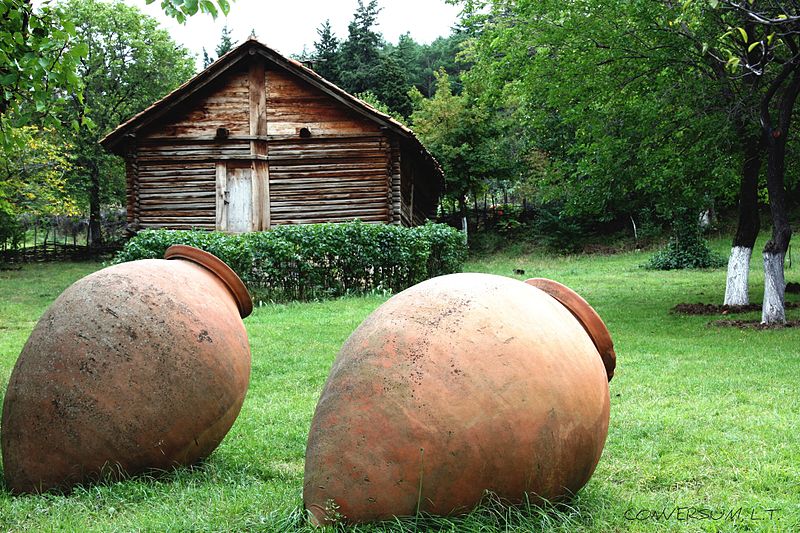He seems such a nice, mild-mannered chap but who else but a virtual bomb-chucking anarchist could title an article “Death to America?”
My view of America is tinged with a paranoia born from jealousy and resentment. I believe that American self-respect has, for at least the past hundred years, required the destruction of England as a great and independent nation. The Americans speak a language that did not emerge among themselves. They live within a system of law and within a set of constitutional assumptions that are also not co-existent with their nation. If their country were a minor power, they could, like Haiti, or Australia, or America before the 1870s, accept the fact of inferiority. If it were to vanish from the earth, they could look on the originator of their language and institutions with sentimental affection, as the Byzantines did on Athens and Rome.
Their problem is that, before 1940, England was a strong competitor. Since then, it has been generally subordinate, but never with full willingness. Therefore, the Americans have mixed occasional humiliation, as at Suez, with continual meddling in our politics. Our foreign policy has, since 1945, been largely set by Washington. Our leaders are mostly American Quislings, and these have systematically promoted American culture at the expense of our own. It may be that the accumulation of blocking powers by our new Supreme Court is an imitation to be welcomed. But the importation of American political correctness is not to be welcomed. Nor, I suggest, should we welcome the official replacement of English with American words and expressions — see, for example, the use of “train station” for “railway station”. This may appear, in itself, a trivial complaint. Repeated across the whole administrative and educational machinery, it has the effect of making our own recent past into a foreign country.
What the Americans want is for England to be discussed mainly in the past tense. They will study our literature, and sometimes our history. Some of their higher classes will put on Anglicised airs and graces, much as the Romans turned hellenophile after they had plundered and enslaved Greece. But to see their preferred model for living Englishmen, look at the characters played by Wilfred Hyde-Whyte, or the character of Alfred in Batman — polite, reliable, elderly, and, above all, ineffectual.
Though I dislike the European Union, I believe that the long term interests of my country lie in a close relationship with France and Germany, and in an amicable working arrangement with Russia. We have an obvious commonality with France and Germany of economic and strategic interests. We are of approximately equal weight. None is able to dominate the others. Each must work in compromise with the others. Any talk of “hands across the Atlantic” is either self-deception or a lie. Except perhaps between 1922 and 1940, there has never been an equality between England and America. Any close relationship between these countries has otherwise rested on the domination of one by the other — a domination with at best a limited overlap of interests. Though roles have changed, so it was at times before 1914, and so it has been since 1940.





